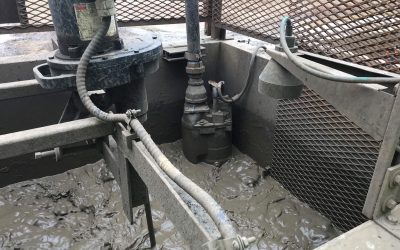In the ever-changing world of modern industry, the demand for automation systems has reached unparalleled heights. The shift to automation in factories and sectors has resulted in considerable increases in productivity, efficiency, and safety. An industrial automation expert is crucial in guiding these transformations, ensuring that production processes become more efficient, cost-effective, and capable of fulfilling market needs.
Understanding Industrial Automation.
Industrial automation is the use of control systems, such as computers, robots, and information technologies, to manage and monitor industrial processes and equipment. The basic goal of automation is to increase production while minimizing human interaction and error. As industries strive to remain competitive in an increasingly globalized market, the need for automation has never been greater. An industrial automation expert is in charge of planning, developing, and implementing automated systems that monitor machines and processes. These systems assist industries in optimizing operations by reducing downtime, ensuring consistent quality, and increasing output. Experts are developing smarter factories that can respond to changing market demands by harnessing new technologies such as artificial intelligence, machine learning, and the Internet of Things (IoT).
The Position of an Automation Expert
An automation expert’s responsibilities are vast and vital. These individuals are involved in all stages of the automation process, from initial planning to system implementation and troubleshooting after deployment. One of their primary responsibilities is to collaborate closely with other technical teams to create automation solutions that meet a company’s specific goals and specifications. An expert in industrial automation must have a thorough understanding of electrical and mechanical systems, control systems, and software development. They work to bring together numerous automation components, such as sensors, actuators, and control systems, to create a coherent and effective system. A critical component of their job is to ensure that automated systems are successfully scalable and adaptable to future requirements. This necessitates a high level of problem-solving abilities as well as the ability to anticipate possible problems before they occur.
The Future of Industrial Automation.
The future of industrial automation appears to be bright, with numerous new innovations on the horizon. Automation technology is growing more complex, with artificial intelligence and machine learning playing a larger role in optimizing production processes. Collaborative robots, also known as cobots, are an intriguing trend that aims to operate alongside human operators. Modern sensors equip these robots to work securely near humans, boosting productivity while upholding a high level of security. The capacity of robots and humans to work seamlessly will transform the future of production, giving industries greater flexibility and efficiency than ever before.


